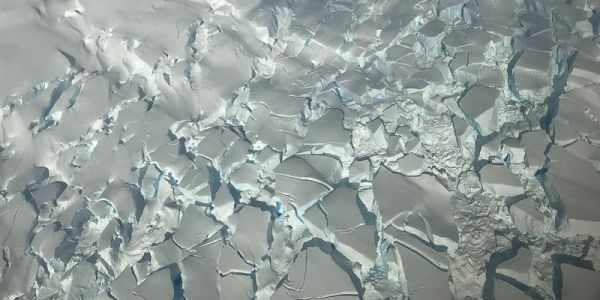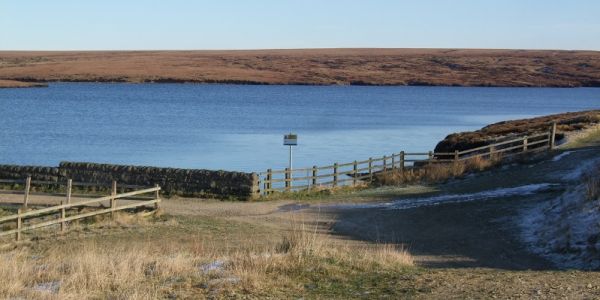
Japanese knotweed - not such a knotty problem?
Ecologists can find no evidence Japanese knotweed causes significant structural damage.

Ecologists can find no evidence Japanese knotweed causes significant structural damage.

Professor Dame Jane Francis has been officially installed as Chancellor of the University of Leeds.

Monitoring Antarctica from space has revealed how its ice is being lost to the oceans, providing crucial insight into the continent’s response to a warming climate.

Ice losses from Antarctica have increased global sea levels by 7.6 mm since 1992, with two fifths of this rise (3 mm) coming in the last five years alone.

Long-lived seabird species, such as gannets, take several years to learn where the best feeding grounds are and how to recognize them, new research has revealed.

The University of Leeds is among the top 100 universities in the new QS World University Rankings 2019.

A University of Leeds spin-out company is partnering in Europe’s first bioenergy carbon capture storage project.

Peatlands are vital to UK water security and must be protected to preserve the UK’s water supply, warn scientists.

Antarctica’s great ice sheet is losing ground as it is eroded by warm ocean water circulating beneath its floating edge, a new study has found.

The University of Leeds has come third in the UK in a major survey that asks students about their experience while studying.